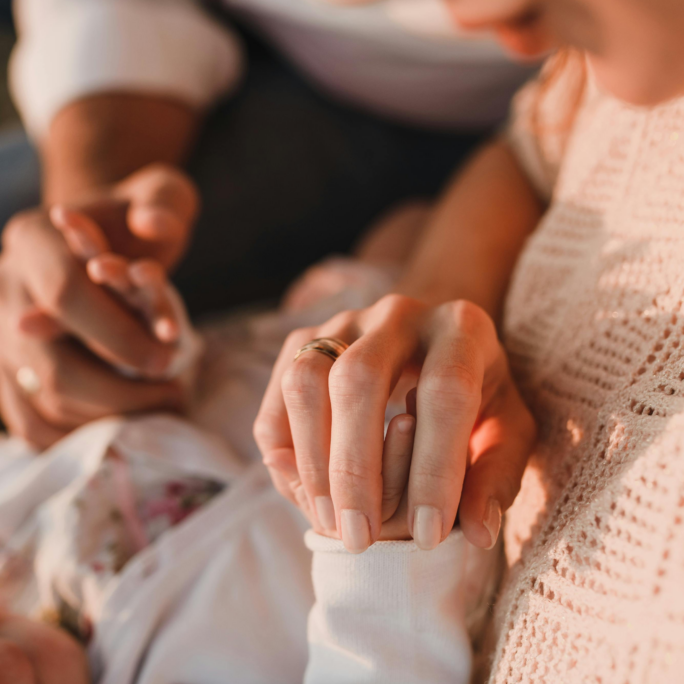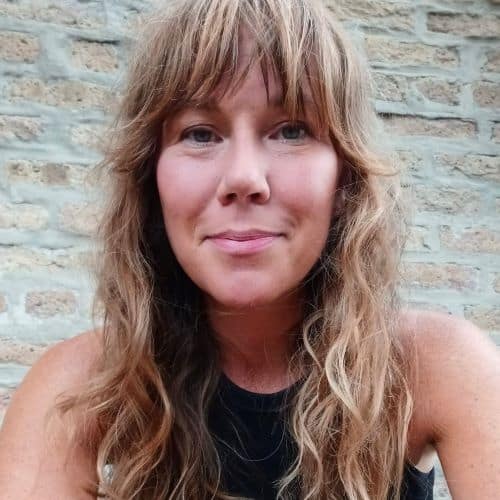Mindful Parenting|Postpartum Wellness
For the Partner Series: 3 Steps to Best Support Your Beloved In the Transition through early Parenthood

Mindful Parenting, Postpartum Wellness, Supporting New Families, Uncategorized
One of the biggest honors we have as doulas, is supporting the relationship between partners as they are expecting, welcoming and raising their baby. We learn about the unique nature and dynamic of partnerships during each stage we support for families, especially during the critical postpartum period where everything is new in mind and body – including the shifting roles in the household. As we get to know families, we witness both partners wanting the best for one another at the beginning of the parenting journey. As doulas, we focus and support the needs of the primary caregiver, who is often the mother. We also witness common stressors placed on the non-birthing partner after the birth and through early parenthood:
- Supporting their beloved’s recovery from birth
- Ensuring baby is healthy, fed and growing well
- Electing for outside support but also protecting space for the family unit’s needs
- How best to help with the household
- Returning to work when there is so much at home to tend to
- Balancing (or not) personal care and their needs with all else
While every family needs a support system, we also have seen too often that parents wait until collapse to reach out.
Did you know that partners of birthing people are as vulnerable if not more so to mood disorders?
Or that sleep deprivation can trigger bi-polar illness?
Mental health is just one of the many recovery journeys we’ve walked with families. We’ve cared for parents for whom the stress of early parenting triggered inflammatory conditions and pulled them out of remission and we’ve taken urgent calls for parents who have health concerns unrelated to the stress of early parenting but whose ill-timed chronic or acute health conditions left them unable to be an active partner in their mate’s postpartum recovery.
Annie Lamott once said “The whole system works because we’re not all falling apart at the same time.”
If you’ve been in partnership long enough, you learn that you will be falling apart at the same time as a couple but that’s why there is more than our small family units to get us by!
Recognize that this time is going to put a strain on everyone, even as it is joyful, and be compassionate about your needs and challenges as they arise, and they will.
Mom’s need support AND so do their support systems, including their primary partner! Too often the primary caregiver’s support (i.e. dad) does not have support in place for them during this critical time of transition. Non-birthing partners have a different mix of neuro-chemicals flowing, and less of an oxytocin buffer from the stress response as the birthing parent. This can cause the normal stressors of family life to feel too much, and the challenges become unmanageable. Recovery from normal stress levels is more difficult and dis-ease can build up- physically, mentally, emotionally and energetically.
Thanks to the science telling of the resiliency of the brain and body, we can set ourselves up for wellbeing or course correct and recover from accumulated stressors that the journey into parenting can bring. The experience becoming and making our way as new parents offers you the opportunity to:
STEP 1: Connect with yourself and your felt experience
Get curious about your direct experience and what you are wanting to create. As challenging as it may be to take space from the daily needs of everyone else, you get permission to feel through what you are actually experiencing. This is important for both partners in a family unit to practice independent of one another. You can leverage other close friends or family, professional therapists or practitioners, mindfulness coaches or embodiment practices that promote quiet space to “just be”. This can take 5 minutes in your day to build a habit of connecting with yourself.
STEP 2: Connect with each other
Partners are a team. Teams communicate for everyone to optimize in their role and feel seen, heard and valued. As both partners grow aware of their individual thoughts, feelings and experiences (step 1) then both can practice giving space (think date night when the baby naps!) to share and be present with one another’s felt experience (steps 2). Even if it is a 20 second hug, research shows the benefits of decreased cortisol (stress hormone) and increased oxytocin (love hormone) levels both parties experience.
STEP 3: Recruit support where you need it
This is where your non-judgemental village comes in. Extended family, local community and trusted resources are all helpful for families not feeling alone in their experience learning all the things in this new, exciting time. Doulas are your outsourced village of support when other resources are unable or unavailable to fill your needs. We skillfully fill the gap in maternal and infant care space, identifying and meeting the right need at the right time for the primary parent, and all they care for- including the partner and relationship root of the household.
Birthways has been supporting families for 3 decades, and we are a resource for all the nuances of your care needs. We are flexible in meeting you if planning ahead or with more urgent care needs and deliver a wonderful care experience time and again. Our goal is for you to feel valued, empowered and supported wherever you are on your parenting journey. If you are heading into or in the weeds of the entire first year of parenthood, we look forward to getting to know you and your family. It is an honor to hold space and provide resource for right where you are during this important time.
Schedule a best day and time to connect about your care needs today!
























